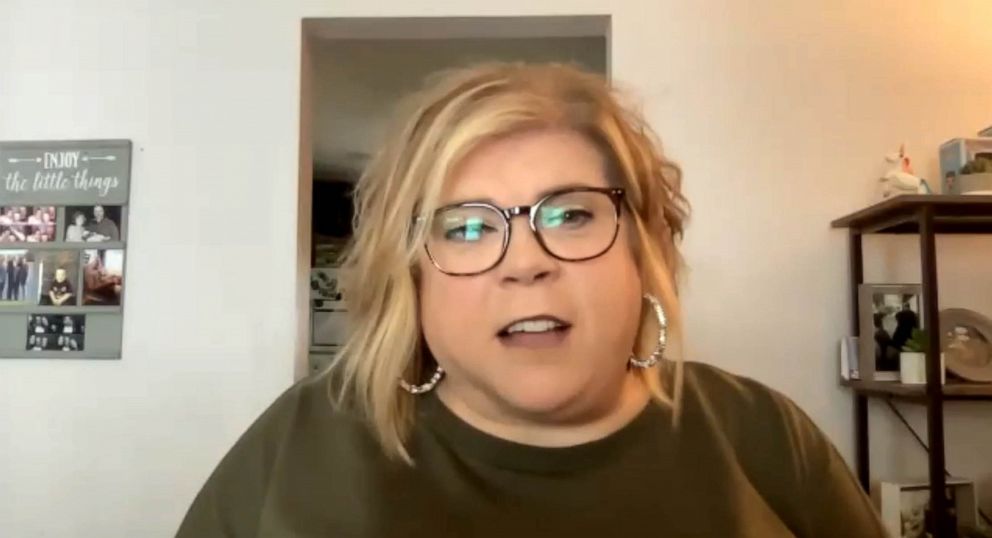A middle school teacher in Illinois has been compelled to resign from her position after parents called the police on her for including the book “This Book is Gay” in a selection of reading materials for students. Sarah Bonner, an experienced educator with a two-decade career, is just one example of teachers who face pressure from certain parents to exclude LGBTQ identities from the classroom. This incident highlights the ongoing struggle for inclusive education and the challenges faced by educators in promoting diverse perspectives.
Bonner explained that she organized Reading Mondays, during which students celebrate independent reading and share their literary preferences. In March, she held a “book tasting” event, introducing her students to a variety of books available for reading. However, a few parents lodged a complaint with the local police, accusing Bonner of “grooming” students with the inclusion of “This Book Is Gay.” Despite no reported adverse impact on students, except for one instructed to take pictures by their parent, the accusation led to Bonner being placed on leave with pay by school officials.

While Bonner believes that the police report would not have resulted in any action, she ultimately decided to resign, fearing that her teaching environment would be compromised. As an advocate for inclusive education, Bonner has actively sought to include diverse reading materials to expose her predominantly white, rural town students to different perspectives and experiences. She emphasized the importance of representation, inclusivity, and access to literature in supporting students’ ability to understand and navigate the world.
Unfortunately, incidents like these reflect a broader trend of book bans and content restrictions targeting books written by or about people of color and LGBTQ individuals. Across the United States, efforts to censor library books and educational resources have reached unprecedented levels, with over 1,269 demands recorded in 2022 alone, according to the American Library Association. Teachers and librarians, like Jamie Gregory in South Carolina, have faced similar backlash for defending books such as “Gender Queer,” which have been criticized for their depictions of nudity and sexual references.
The growing hostility towards public education and the inclusion of marginalized identities is a concerning development. With teacher shortages and vacant positions plaguing school districts nationwide, the increased scrutiny poses significant challenges. Educators like Shelly Fitzgerald, who was fired from a Christian school for being a lesbian, express concerns about laws that restrict classroom discussions on gender identity and sexual orientation, fearing that they hinder empathy, support, and understanding.
As these battles persist, it is crucial for parents and teachers to engage in dialogue and understanding. The voices of marginalized students and the need for inclusive education should not be silenced. Teachers like Bonner encourage their students to prepare for the fight ahead, recognizing that banning books and erasing diverse perspectives only hampers the growth and development of LGBTQ students who have legitimate questions and deserve an equitable learning environment.

